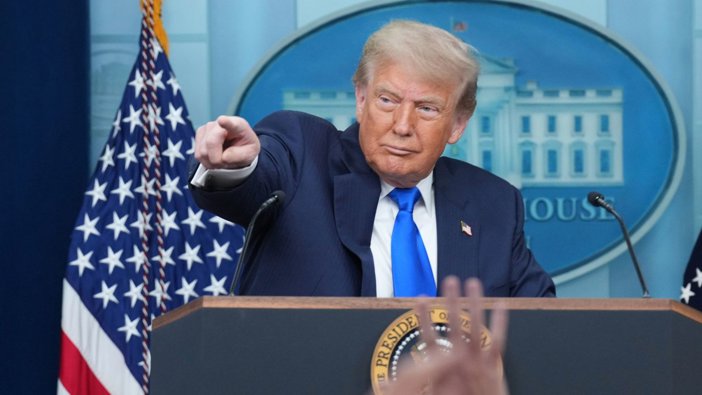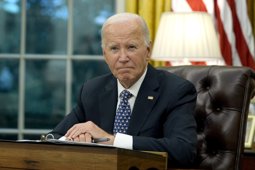
House Faces Divisions Ahead of Trump’s “Big, Beautiful Bill” Vote
House Republicans face tough choices as leaders push for a quick vote on Trump’s sweeping bill before July 4.
GOP Leaders Push for Quick Passage Amid Internal Tensions
The U.S. House of Representatives is preparing to vote on the Senate’s revised version of President Donald Trump’s sweeping “big, beautiful bill,” with Republican leaders urging lawmakers to act swiftly and put the legislation on the president’s desk before Independence Day. The Senate passed the bill after a grueling weekend session, requiring Vice President JD Vance’s tie-breaking vote. The bill first passed the House in late May by just one vote, and Speaker Mike Johnson faces a razor-thin margin to advance it again.
While the House GOP’s top leadership is unified in its public push to deliver a signature legislative win for Trump, deep divisions persist within Republican ranks. Both moderate and conservative members have voiced concerns about the Senate’s changes, particularly regarding Medicaid cuts, a $5 trillion debt ceiling increase, and last-minute additions aimed at securing individual senators’ support. Fiscal conservatives worry the bill falls short on spending cuts, while moderates fear it could destabilize healthcare for millions.
Senate Changes Ignite Concerns Over Policy and Process
The Senate used the fast-track budget reconciliation process to advance the legislation, which bypasses the usual 60-vote requirement but imposes strict rules. Key provisions—such as banning Medicaid coverage for transgender care and cutting funds to states that cover undocumented immigrants—were ruled out by the Senate parliamentarian, a nonpartisan official responsible for interpreting chamber rules. Meanwhile, new measures were added, including a $50 billion rural hospital fund and expanded tax deductions for whale hunters, the latter widely seen as a bid to win Senator Lisa Murkowski’s support.
The Senate’s decision to increase the debt limit by $5 trillion, up from $4 trillion in the House version, has further fueled unease among deficit hawks. House Freedom Caucus Policy Chair Chip Roy criticized the bill for missing the House’s spending targets and warned it would add significantly to the deficit, even after accounting for dynamic revenue assumptions. He and others argue that last-minute changes have diluted the original framework, jeopardizing support from conservatives committed to deeper fiscal restraint.
On the other end of the spectrum, several moderate Republicans have threatened to oppose the bill over Medicaid provisions. Lawmakers from states that expanded Medicaid under ObamaCare are alarmed by changes that would shift more costs to state budgets. Representative David Valadao stated he would not support a reconciliation bill that makes “harmful cuts to Medicaid” or undermines healthcare funding in his California district, urging the Senate to respect the House’s language on Medicaid protections.
Uncertain Path Forward as House Vote Nears
House GOP leaders, including Majority Leader Steve Scalise and Majority Whip Tom Emmer, have sought to keep internal disputes private, encouraging lawmakers to share their concerns directly with Senate colleagues rather than through social media. Leadership is determined to act quickly, with the first procedural vote possible as early as Wednesday morning and final passage potentially later that day or Thursday. Still, skepticism remains. Representative Greg Steube warned that the Senate’s changes could cost the bill critical support, and Chip Roy publicly cast doubt on whether a vote could happen by July 4 as planned.
The outcome in the House will determine the fate of Trump’s major legislative priorities on taxes, border security, energy, defense, and the national debt. As leaders work to resolve intraparty disagreements, the next days on Capitol Hill will test both party unity and the limits of fast-track budget lawmaking. If successful, the vote will represent a defining moment in Trump’s second-term policy agenda, reshaping U.S. fiscal and social policy for years to come.






